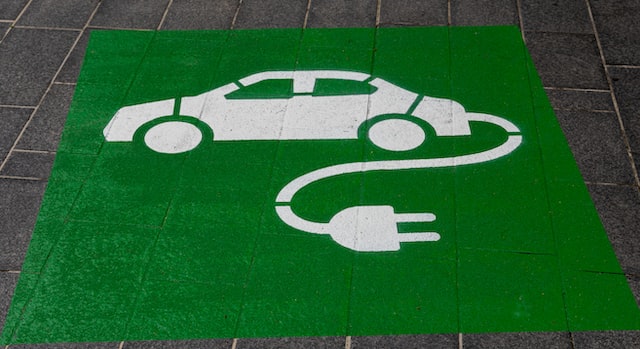Contents
- 1 Introduction
- 2 The price of an electric vehicle can be expensive.
- 3 You’ll need to charge your car.
- 4 Charging your car could cost a lot of money.
- 5 It’s possible that it could be cheaper to drive a gas-powered car than an electric one, depending on where you live and how much you drive.
- 6 It depends on many factors, but if you rely on public electric charging stations, it might not be cheaper to drive an electric vehicle
- 7 Conclusion
Introduction
Driving an electric vehicle is a great way to reduce your carbon footprint and protect the environment. However, it might not be as cost-effective as you’d think. In fact, it could be significantly more expensive than driving a gas-powered car over time. That’s because electricity costs more per mile than gas does today—and that difference is only expected to increase over time. Here’s how much driving an electric car might cost you:
The price of an electric vehicle can be expensive.
The price of an electric vehicle can be expensive. The price of an electric car depends on the model and battery size, but it can be higher than a gas-powered car. However, you may be able to get a federal tax credit if you purchase one with a battery that has at least 5 kilowatt hours (kWh). The credit will be equal to $2,500 per kWh up to $7,500 for each manufacturer’s vehicles sold by December 31st 2020
You’ll need to charge your car.
Once you buy an electric car, there are a few things to keep in mind. First and foremost: You’ll need to charge your car. Charging at home is simple enough, but if you’re going to be using public charging stations or working in an office with access to charging stations, then knowing how much electricity costs where you live becomes important.
You can learn more about how much electricity costs here (and where it’s cheapest). In general terms though: If your commute is less than 30 miles per day and mostly city driving (in other words, stop-and-go), then an EV might not be worth it for now–unless there’s some sort of financial incentive available through state or federal programs that helps offset the cost difference between gas-powered vehicles and electrics by providing subsidies on purchase price or monthly payments over time.
Charging your car could cost a lot of money.
Charging an electric car can cost you more than a gas-powered car. The price of charging your vehicle depends on where you live and how often you need to charge it, but there are also other factors. For example, some states have regulations that limit the amount of money utilities can charge for electricity–and that may mean a lower rate for electric cars compared with traditional vehicles.
In addition to location-specific differences in pricing structures and regulations, there are several types of charging stations available: level 1 (120 volts), level 2 (240 volts) and DC fast chargers that can recharge an empty battery within 30 minutes or less at higher voltages up to 350V DC. Each type has different costs associated with its use–so if efficiency is important for saving money on electricity bills as well as fuel costs then consider using one type over another depending on what’s available where you live now or plan on moving soon!
It’s possible that it could be cheaper to drive a gas-powered car than an electric one, depending on where you live and how much you drive.
It’s possible that it could be cheaper to drive a gas-powered car than an electric one, depending on where you live and how much you drive.
In some places, electricity is more expensive than gasoline. If you’re paying more for electricity than the cost of gas at the pump, then obviously it makes financial sense to buy a hybrid or electric vehicle (EV). But if your electricity costs are lower than what they would be if you were driving around in an EV, then driving on fossil fuels may end up being cheaper for your wallet.
It’s hard to say whether this will always be true; there are many factors involved in determining the actual cost of owning either type of vehicle–including maintenance costs–and these factors can vary widely by location and even within cities themselves due to differences between neighborhoods’ utility providers.
It depends on many factors, but if you rely on public electric charging stations, it might not be cheaper to drive an electric vehicle
It depends on many factors, but if you rely on public electric charging stations, it might not be cheaper to drive an electric vehicle.
For example:
- If you drive less than 30 miles per day and charge your car at home or at work (or do both), then an EV is likely cheaper than a traditional gasoline-powered car.
- If you drive more than 30 miles per day and rely solely on public charging stations (which are often expensive), then an EV could end up being more expensive than a regular gas-powered vehicle after factoring in the cost of electricity used to recharge the battery pack at these stations.
Conclusion
We hope this article has helped you understand the costs associated with driving an electric car. If you’re considering buying one, it’s important to know how much it will cost in order to make an informed decision. However, keep in mind that there are many factors involved in determining whether or not driving an EV will be cheaper than owning a traditional vehicle–including where you live and how much you drive each year.

